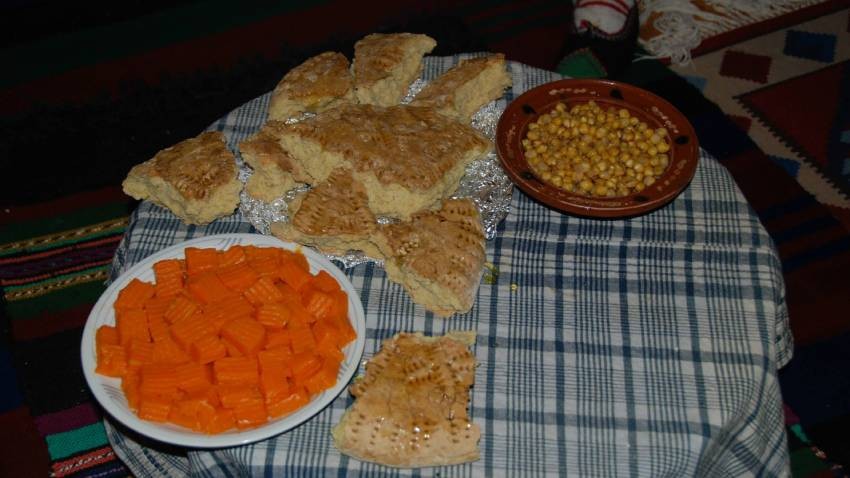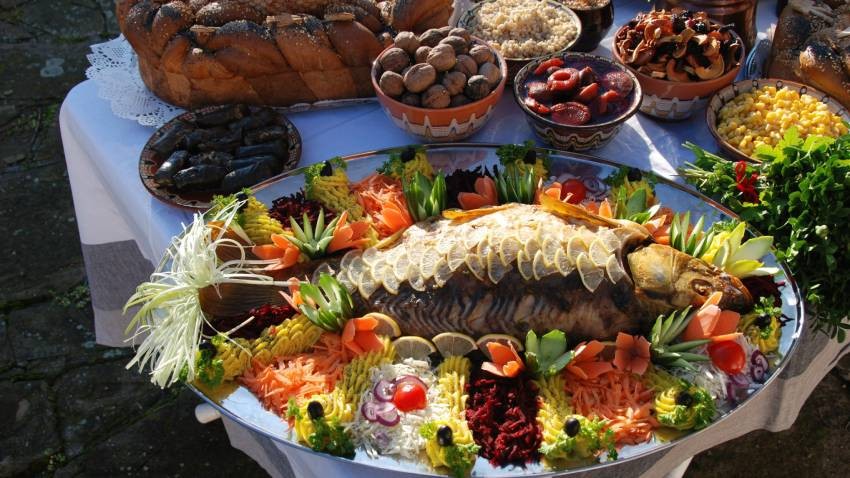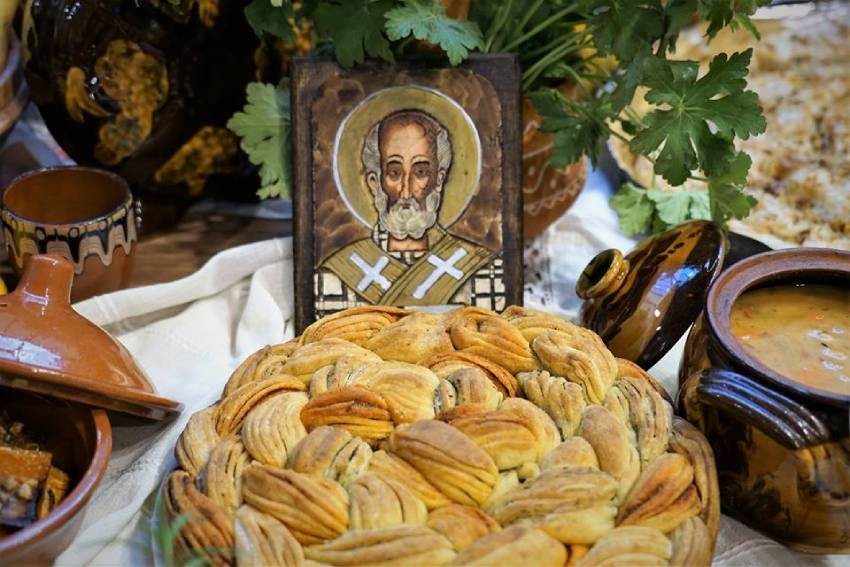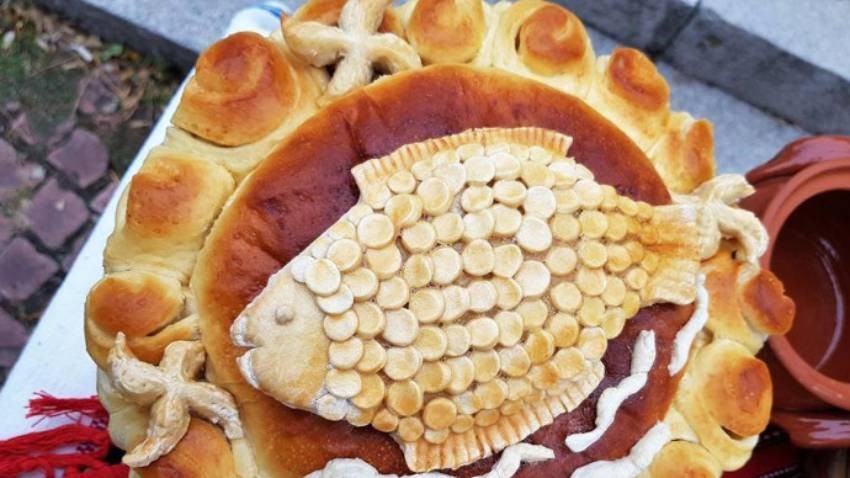December 4 is the church holiday of the Holy Great Martyr Barbara, celebrated by both Orthodoxy and Catholicism. Barbara was a girl from a noble family, beheaded for her Christian faith at the beginning of the 4th century. There is a belief that from Varvara to Ignatius the day "rises" like a needle's tip. It also "rises" from Ignacius to Vasil (from December 20 to January 1). On Varvara, day and night meet and become equal. The holiday is also called Varvaritsa, Varvarinden or Women's Christmas.
In traditional representations, Varvara is the patroness of children's diseases, and above all, smallpox, called by our people by taboo names: grandmother, aunt, sweet and honeyed. An evil, toothless and ugly grandmother - the image of the disease "paints" Varvara's portrait as well. In order to propitiate Baba Sharka (grandma Smallpox) and divert her from the children, the women prepared a ritual stew in which they put various wheat and bean seeds. They call it "varvara". Sweetened with honey, this stew is given to children, and also to neighbors and relatives. There is a belief that throughout the day the children should jump so that Varvara does not find them.




For the 8th time, Kardzhali is hosting the Folklore Festival of amateur folk dance clubs "Perpera". The forum will gather today on the stage of the theater in Kardzhali more than 420 amateur dancers from all over the country. They will perform..
Bulgarian national folk costumes from the Rhodope region inspired young European designers, finalists in the Open Space Foundation's Echo Academies project , BTA reported, citing Alma Communication. In the recently concluded first stage of the..
The Bulgarian National Radio’s Folk Music Orchestra is entering its 8 th decade with a concert, tonight, 19 October, at 7 PM at the BNR’s Studio No. 1. The musicians and their conductor Dimitar Hristov, will present a programme with two..

+359 2 9336 661
